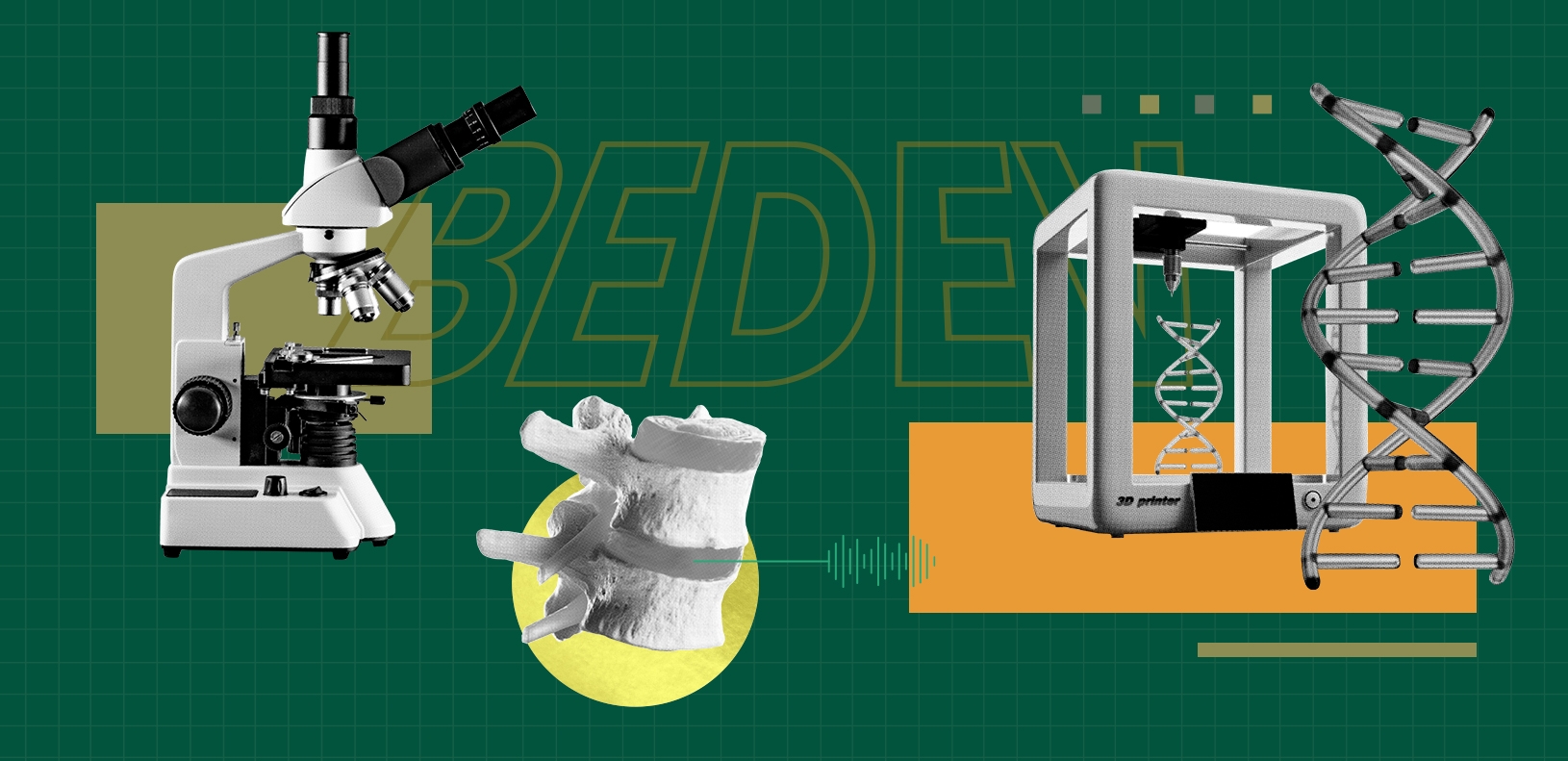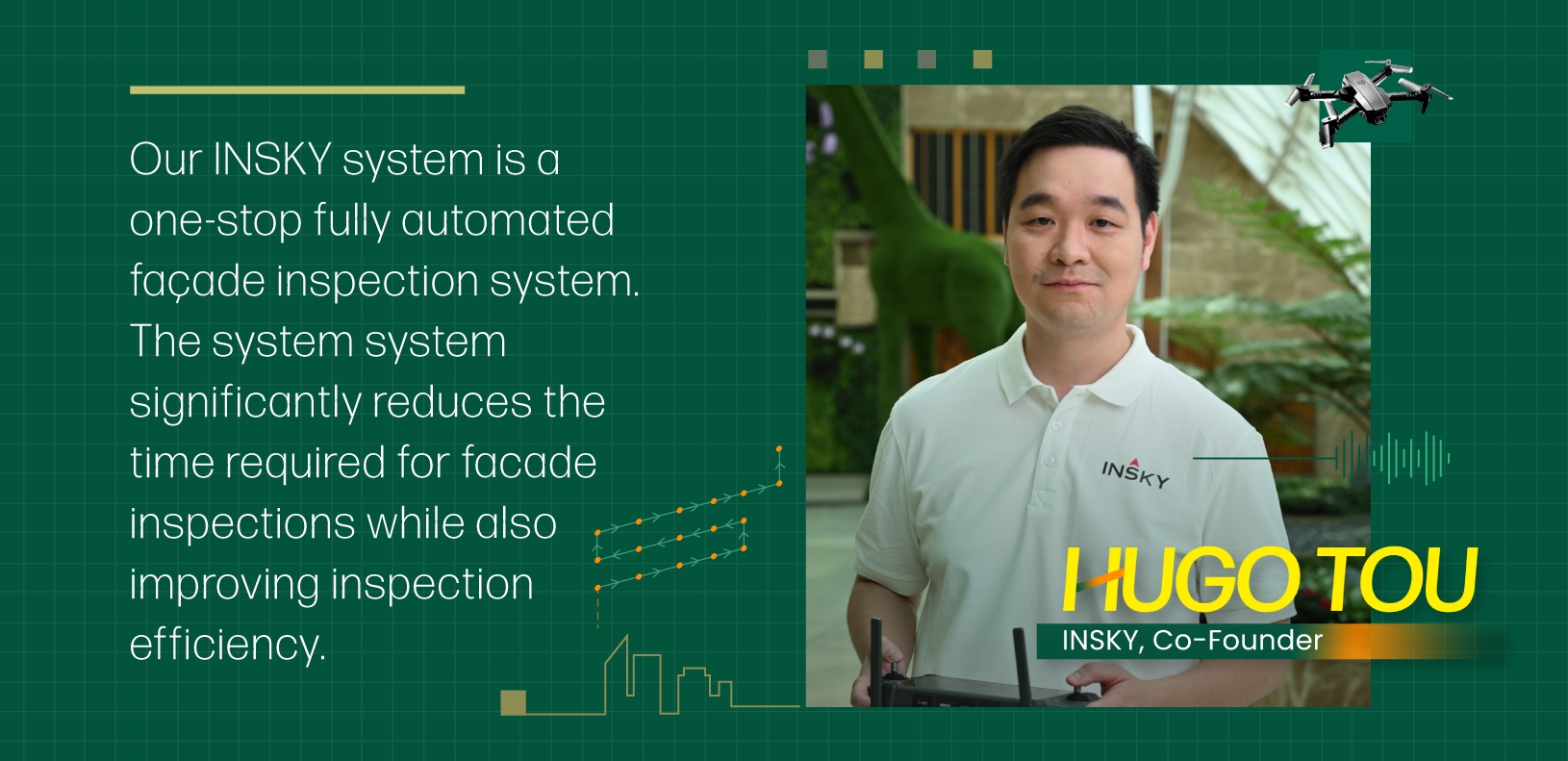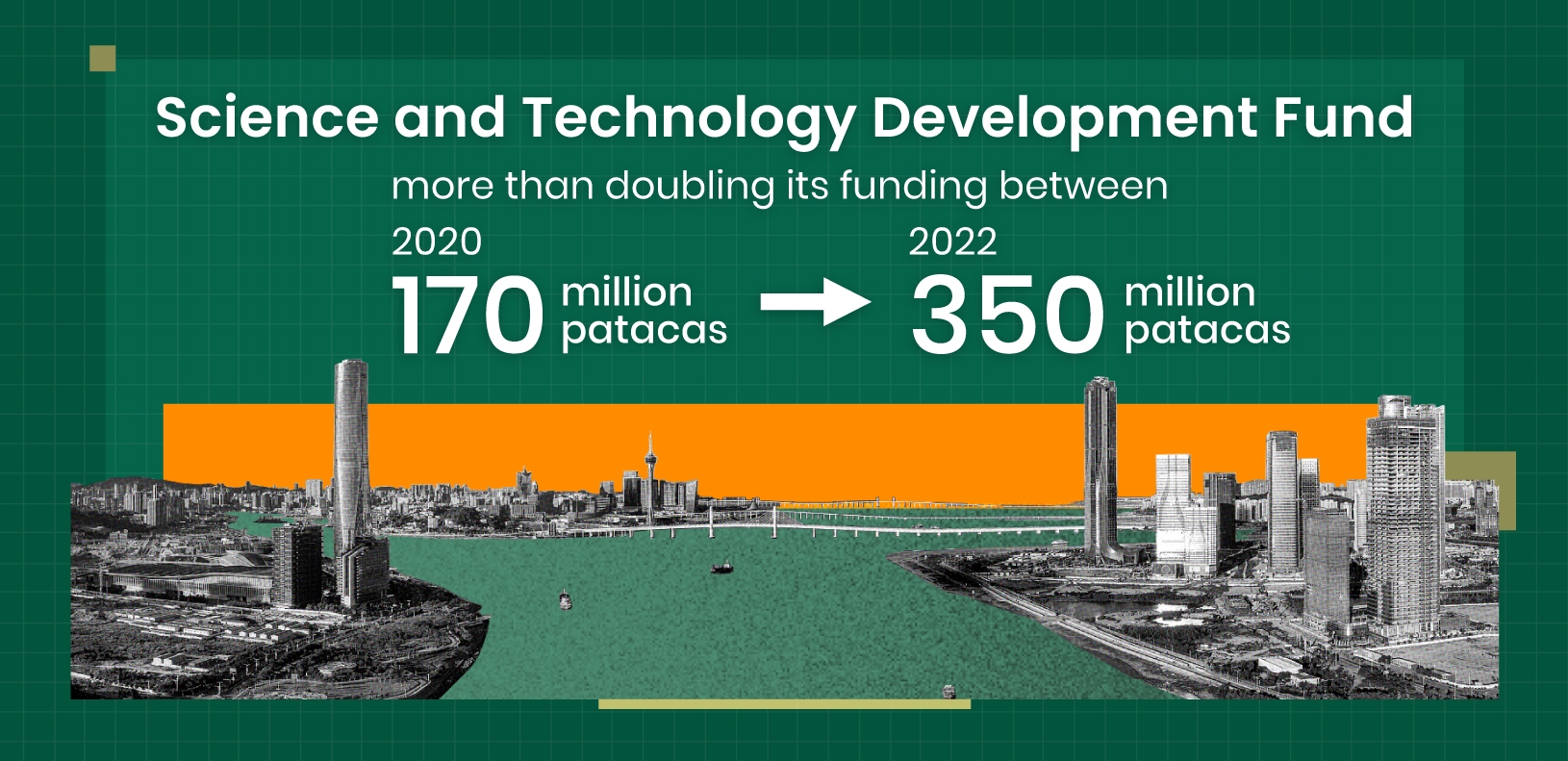Inside Macao’s Thriving Tech Start-up Scene
After two weeks of intense preparation, 50 youthful entrepreneurs from around the world smile on stage at the grand final of the 929 Challenge in Macao.
Named after the nine cities in China’s Greater Bay Area, its two Special Administrative Regions, and the nine Portuguese-speaking member states of the Forum Macao, the 929 Challenge is a unique start-up competition intended to build bridges between China and Portuguese-speaking countries.
Since its launch in 2021, the competition has attracted 3,400 participants pitching 450 projects to an audience of business leaders and venture capitalists, eager to support budding businesses focused on solving some of the world’s biggest problems.
Businesses like BEDEV, a Portuguese biotech start-up that produces 3D-printed medical devices, led by Founder and CEO, Gonçalo Fonseca.

“One of the most common things people receive when they are in hospital is a needle in the arm for an intravenous drip,” explains Fonseca. “However, many of these devices encounter complications or fail altogether, leading to potential infections and waste. With over two billion of these devices used worldwide every year, our 3D-printed solutions have the potential to significantly reduce the failure rate and waste while improving patient outcomes and sustainability.”
Thanks to its scope and ambition, BEDEV won second place in the start-up category at last year’s event.
“Traveling to Macao for the 929 Challenge was an amazing experience,” says Fonseca. “We met so many people with the power to transform our company. Thanks to Macao’s history, it’s the perfect place to make connections with China and the wider region.”
Making Technology a Catalyst for Growth in Macao
Long known for its hospitality and gaming industries, Macao is diversifying its economy towards what it calls the “1+4 industries” identified as having high growth potential, one of which being technology.
Since this announcement, an entrepreneurial spirit has swept across the city, supported by a rapidly developing start-up ecosystem that includes affordable office space, funding opportunities, legal advisors and events.

This buzz and excitement can be both seen and felt at Macao’s two start-up incubators, the Macao Young Entrepreneur Incubation Centre (MYEIC), a bustling creative space open 24/7, and the Centre for Innovation and Entrepreneurship (CIE) at the University of Macao.
To date, CIE has successfully incubated more than 50 start-ups in a wide range of sectors including culture and creativity, environmental protection, new materials, information technology, medicine, and biotechnology, helping them establish a foothold in Macao and mainland China.1
The Macao Young Entrepreneur Incubation Centre (MYEIC) is also supporting the start-up scene. Established in 2015, MYEIC is committed to support the innovation and entrepreneurship of young people in Macao, seeking and nurturing innovative projects, and helping the start-up to marketize and transfer technological achievements.
One of the beneficiaries of this program is Logic Lift, a local company run by Co-Founder and General Manager Hugo Tou. The company’s INSKY Aerial Inspection System provides a faster and safer way to conduct building inspections.
“Our INSKY system is a one-stop fully automated façade inspection system,” explains Tou. “The system system significantly reduces the time required for facade inspections while also improving inspection efficiency.”
Since signing its first contract with MGM in 2023, Logic Lift has expanded its list of clients across China.
The InSky system is focused on aerial data extraction and mining. In addition to buildings, the system can focus on different applications such as the health and sustainability of forests or the integrity of harbors.
“Our collaboration with MGM and additional support from the Government have given us lots of opportunities. We are very grateful to them for giving us such a good platform and helping young entrepreneurs.”
Creating a Platform for Innovation and Collaboration
To fuel the continued growth of the tech sector, Macao’s Government has a range of business-friendly initiatives over the coming years. This includes attracting talent, encouraging education institutions to launch new courses in science and technology, helping companies set up in the special administrative region, and supporting them to provide services across other cities in the Greater Bay Area.
One example of this is the recently developed Hengquin In-Depth Cooperation Zone, a collaborative initiative between Guangdong Province and Macao to foster closer economic ties and promote cooperation between the two regions.

Already home to more than 10,000 technology companies, Hengqin has been described as a "testing ground" for Macao companies to expand into the Chinese mainland, acting as a bridge between Portuguese-speaking countries.2
Government funding has also soared in recent years, with the Science and Technology Development Fund more than doubling its funding between 2020 to 2022 from 170 million patacas to 350 million patacas, supporting more innovative projects than ever before. The government has also committed to invest at least 5 billion patacas ($621 million) in science and technology research between 2024 and 2028.3
With its conducive business environment, funding opportunities, and links to Portuguese-speaking countries and mainland China, Macao is an exciting location for tech start-ups says Fonseca.
“The culture and opportunities in Macao are completely unique, there’s nowhere else like it.”
